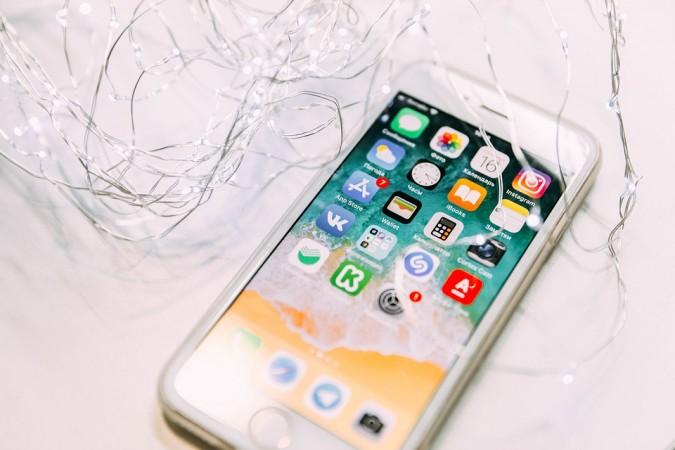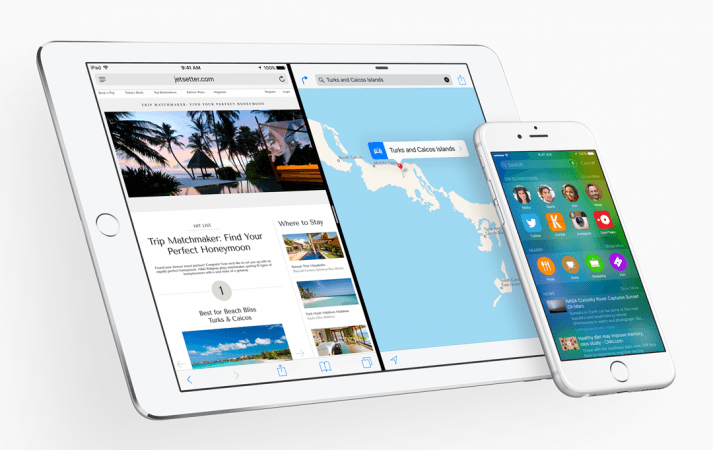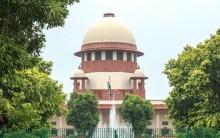If you wish to aid the development of a scientific temper in your kids with the help of augmented reality (AR) on the occasion of the National Science Day, Apple App Store has brought some transforming apps that would be helpful.
Several of these apps use the power of AR, which transforms how kids work, learn, play, shop and connect with the world around them.
Top iOS apps for kids
An app named "Galileo: AR Physics" help students get a better understanding of physics with Augmented Reality.

The students can place experiments and animated 3D models on a table and explore them by moving around. Contents are presented in small articles, written with a simple language.
The articles covers various topics from mechanics to nuclear physics. Articles includes images, animations, 3D models and sometimes a little equation.
Another app from the Apple App Store, iTunes U provides everything an instructor needs to bring the classroom together on iPad -- build lessons with apps and your own materials, collect and grade assignments, start class discussions, or talk to students to answer questions and provide feedback.
The app also allows anyone with an iPhone, iPad or iPod touch to learn from a large collection of free education content in public courses from leading schools, universities, museums and cultural institutions.

Froggipedia, an engaging, interactive, powerful constructive learning Apple AR helps explore and discover the unique life cycle and intricate anatomical details of a frog.
It is a sterling example of how AR technology has moved leaps and bounds.
The app provides an immersive and engaging experience which elaborates on each phase of the life cycle of a little amphibian called the frog.
Similarly, there are many other apps on the platform such as ScienceAR, Brainapse, Plantale, etc that may help kids visualise things that would be impossible or impractical to see otherwise.
The National Science Day is celebrated on February 28 to commemorate the discovery of the 'Raman Effect', a Nobel Prize winning discovery by Sir CV Raman.
(With inputs from IANS)

















